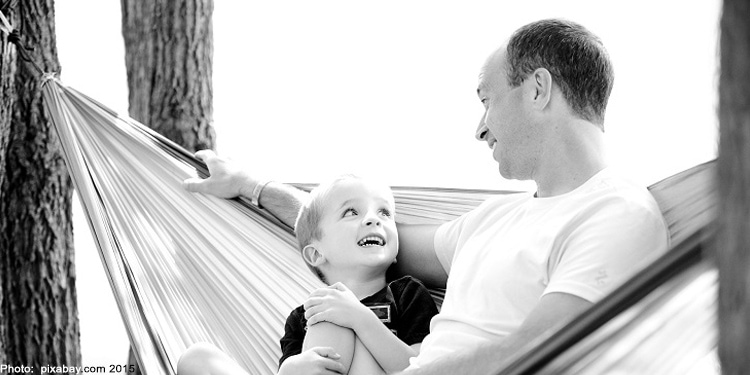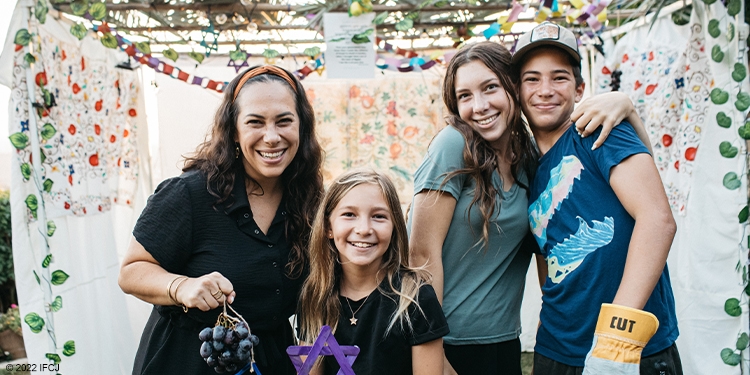The Ability to Ask for Forgiveness
Yael Eckstein | September 11, 2020

“This is to be a lasting ordinance for you: Atonement is to be made once a year for all the sins of the Israelites.” And it was done, as the LORD commanded Moses. — Leviticus 16:34
This month, Jews around the world will observe the High Holy Days, which begin with Rosh Hashanah, the Jewish New Year, and conclude on Yom Kippur, the Day of Atonement. This is a time of great reflection and introspection for us. I’m sharing with you weekly devotions based on my book, Generation to Generation: Passing on the Legacy of Faith to Our Children, about the High Holy Days, and the lessons of repentance and forgiveness which are central to this holy time.
I remember a time when I was a child and I was not behaving well. My father asked me to stop misbehaving repeatedly, but, nevertheless, I continued. My father sensed that I was completely ignoring him, and consequently, yelled at me. This was something that I was not used to, and I ran to my room in tears.
A few moments later, my father came into my room and sat on my bed. I thought that he had come to punish me, but instead, he stroked my back until I stopped sobbing. Then, with tears in his eyes he said, “I’m sorry, Yael. I should not have reacted so harshly. Yes, you were misbehaving, but you are the child and I am the parent. I should not have lost my cool and yelled at you. There are other ways that I could have dealt with it, and in the future, I am going to be more patient and talk things out with you.”
I could hardly believe it. My big, strong, father had come to apologize to me! In my eyes, my father was always right and never made mistakes. It was incredibly powerful when he admitted that he had been wrong and apologized for the way that he reacted.
The Ability to Ask for Forgiveness
That day I learned that the sign of a truly strong and mature adult is the ability to ask forgiveness from anyone, even a small child. I learned that it was not just the “right” thing to do, but also the hallmark of a great person.
The most sacred time on the Jewish calendar is known as the High Holy Days, which begin with Rosh Hashanah, the Jewish New Year, and culminate on Yom Kippur, the Day of Atonement. This is a time of intense introspection and requires us to ask forgiveness from God and seek forgiveness from those whom we have hurt or offended — whether intentionally or unintentionally — throughout the year.
Two of the hardest words for many people to say are, “I’m sorry.” It’s hard to admit when we are wrong. And yet, those two words have tremendous power to heal relationships, repair damages, and change the future for the better. As my father taught me, seeking forgiveness from others is essential, and although it requires humility to do so, it is truly the mark of an extraordinary person.
Your turn:
Practice humility by acknowledging when you are wrong and when necessary, ask for forgiveness from anyone you may have hurt — including children.


